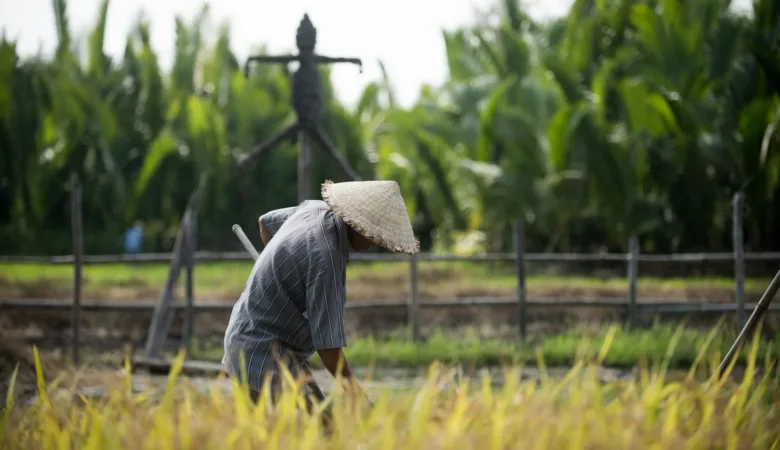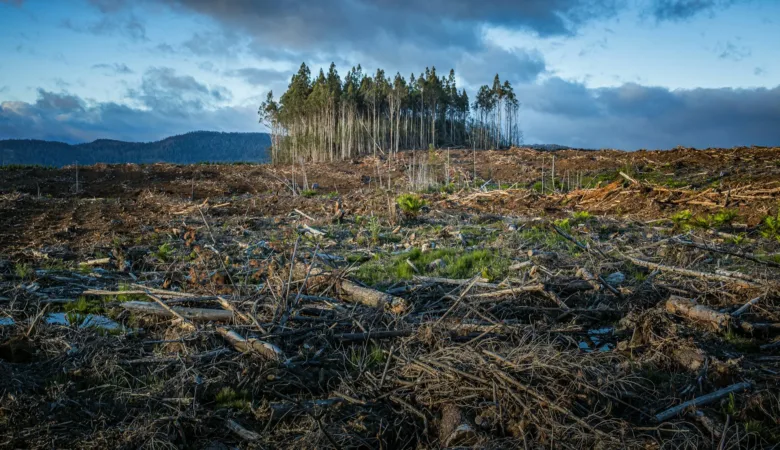The Warming World and Its Impact on Food Security
As our planet continues to warm at an alarming rate, the issue of food security has become increasingly critical. Rising temperatures, changing precipitation patterns, and extreme weather events pose significant challenges to our ability to produce and distribute enough food to feed a growing global population. In this blog post, we will explore the challenges that a warming world presents to food security and discuss potential solutions.
1. Decreased Crop Yields
One of the most immediate and direct impacts of climate change on food security is the decrease in crop yields. Higher temperatures and changing rainfall patterns can lead to droughts, floods, and heatwaves, all of which can significantly reduce agricultural productivity. Crops may fail to germinate, pests and diseases may thrive in warmer conditions, and water scarcity may limit irrigation. These factors combined can result in lower crop yields and increased food scarcity.
2. Disrupted Food Supply Chains
Extreme weather events, such as hurricanes, storms, and wildfires, can disrupt food supply chains, leading to shortages and price spikes. Transportation routes may be blocked, warehouses and storage facilities may be damaged, and crops may be destroyed. These disruptions can have severe consequences, especially for vulnerable populations who rely heavily on imported or exported food. Ensuring the resilience of food supply chains is crucial in a warming world.
3. Threats to Livestock and Fisheries
Climate change not only affects crop production but also poses threats to livestock and fisheries. Heat stress can reduce livestock productivity, while changes in water temperature and acidity can harm marine ecosystems and disrupt fish populations. Livestock and fisheries are important sources of protein and livelihoods for many communities, and their decline can exacerbate food insecurity.
Solutions for a More Food-Secure Future
1. Sustainable Agriculture
Transitioning to sustainable agricultural practices is key to building resilience in the face of a warming world. This includes practices such as agroforestry, organic farming, and precision agriculture. These methods promote soil health, conserve water, reduce greenhouse gas emissions, and enhance biodiversity. By adopting sustainable agricultural practices, we can mitigate the impacts of climate change on food production while ensuring long-term food security.
2. Diversification of Food Sources
Reducing reliance on a limited number of crops and expanding the diversity of food sources can help increase food security. By promoting the cultivation and consumption of underutilized crops, we can enhance nutritional diversity and build resilience against climate change. Additionally, supporting local food systems and small-scale farmers can contribute to more sustainable and resilient food production.
3. Climate-Resilient Infrastructure
Investing in climate-resilient infrastructure is crucial for maintaining food security in a warming world. This includes improving irrigation systems, building climate-smart storage facilities, and implementing early warning systems for extreme weather events. By enhancing infrastructure, we can better withstand the impacts of climate change and ensure the efficient and reliable distribution of food.
4. Policy Interventions
Effective policy interventions are necessary to address the challenges of food security in a warming world. Governments and international organizations should prioritize investments in research and development, provide financial incentives for sustainable agriculture, and support small-scale farmers. Additionally, policies should aim to reduce food waste and promote sustainable consumption patterns to ensure that the available food resources are utilized efficiently.
Conclusion
Food security is a complex issue that requires urgent attention in the face of a warming world. By understanding the challenges posed by climate change and implementing sustainable solutions, we can work towards a more food-secure future. It is crucial for governments, organizations, and individuals to come together and take action to ensure that everyone has access to safe, nutritious, and affordable food, regardless of the challenges presented by a changing climate.














Leave a Reply